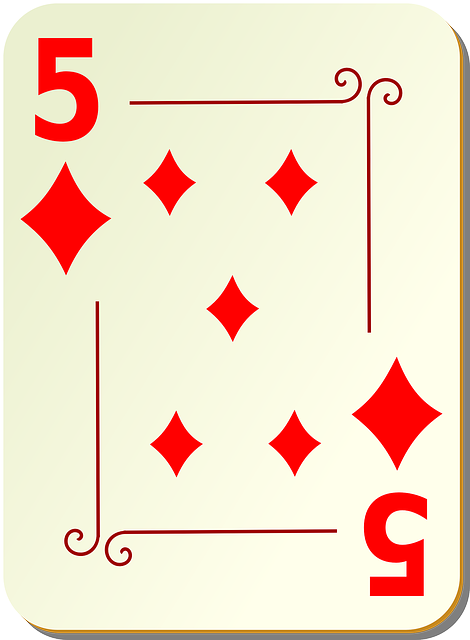Mastering poker Tournaments demands a deep understanding of structured formats, blind levels, and specific rules like No-Limit Hold'em and Omaha. Players must adapt strategies for early-stage play, manage time effectively, balance aggression with caution, and analyze opponents' behaviors. Knowing tournament formats and variations like No-Limit, Pot-Limit, or Fixed-Limit Texas Hold'em is crucial for success, as it allows players to make calculated decisions based on chip stacks and betting limits. Mastering card combinations, probabilities, and adhering to rules are key to maximizing winnings in these competitive events.
Looking to conquer the world of poker tournaments? It’s time to dive into the strategy and skill needed to rise above the competition. This comprehensive guide breaks down the ins and outs of winning, from mastering the basics like understanding different tournament formats and position importance, to advanced plays like bluffing and reading opponents. We’ll also explore critical bankroll management techniques and discipline for sustained success in Poker Tournaments.
- Mastering the Basics of Poker Tournaments
- – Understanding different tournament formats (e.g., No-Limit Hold'em, Omaha)
- – Rules and variations specific to poker tournaments
Mastering the Basics of Poker Tournaments

Mastering the basics of poker tournaments is essential for any player aiming to succeed in this competitive environment. These events differ from casual games as they involve structured formats, blind levels, and specific rules that players must adapt to. Understanding the dynamics of tournament play, such as early-stage strategies, position advantages, and hand selection, is crucial. Players should aim to build a solid foundation by learning about different poker variants suitable for tournaments, mastering odds and pot odds calculations, and developing a keen awareness of their opponents’ behaviors.
Furthermore, effective time management is a key skill in poker tournaments. With blind levels increasing over time, players must balance their aggression with caution, knowing when to fold and when to raise. Staying focused, maintaining discipline, and making calculated decisions under pressure are vital skills to cultivate. Additionally, observing and analyzing other players’ approaches can provide valuable insights, enabling you to adapt your strategy accordingly.
– Understanding different tournament formats (e.g., No-Limit Hold'em, Omaha)

Knowing the different tournament formats is a strategic edge in poker competitions, including Poker Tournaments. Games like No-Limit Hold’em and Omaha have distinct dynamics that influence play styles. In No-Limit Hold’em, players can bet or raise at any time up to the maximum chips they possess, creating an intense environment where aggression and risk assessment are key. Omaha, on the other hand, allows for a more calculated approach due to its higher card count; players must use a combination of their two hole cards and five community cards to form the best hand, demanding deeper strategic thinking.
Understanding these formats is crucial for adapting your gameplay. In No-Limit Hold’em tournaments, early positions offer an advantage, encouraging aggressive plays. Conversely, Omaha’s later stages often require patience as players wait for specific card combinations, leading to more conservative strategies. Embracing these nuances can significantly impact your success in diverse Poker Tournaments.
– Rules and variations specific to poker tournaments

Poker tournaments differ from casual games in their structure and rules, offering a unique experience for players aiming to conquer the competitive world of poker tournaments. One of the key distinctions is the blind system, where players are assigned increasing forced bets at set intervals, creating a dynamic gameplay environment. Tournaments may also feature different variations like No-Limit, Pot-Limit, or Fixed-Limit Texas Hold’em, each requiring specific strategies tailored to manage risk and maximize winnings.
Additionally, tournament rules mandate specific actions for players based on their chip stacks, ensuring fairness. Players must adhere to blind structures, follow betting limits, and make forced moves when required. Understanding these nuances, along with mastering card combinations and probabilities, is essential for success in poker tournaments.
Poker tournaments offer an exciting challenge for players of all levels. By mastering the basics, understanding tournament formats, and adapting your strategy based on rules and variations, you can significantly improve your chances of success. Whether you’re a seasoned pro or just starting out, continuously learning and refining your skills is key to navigating the dynamic world of poker tournaments. Remember, patience, discipline, and adaptability are your best allies at the table.






